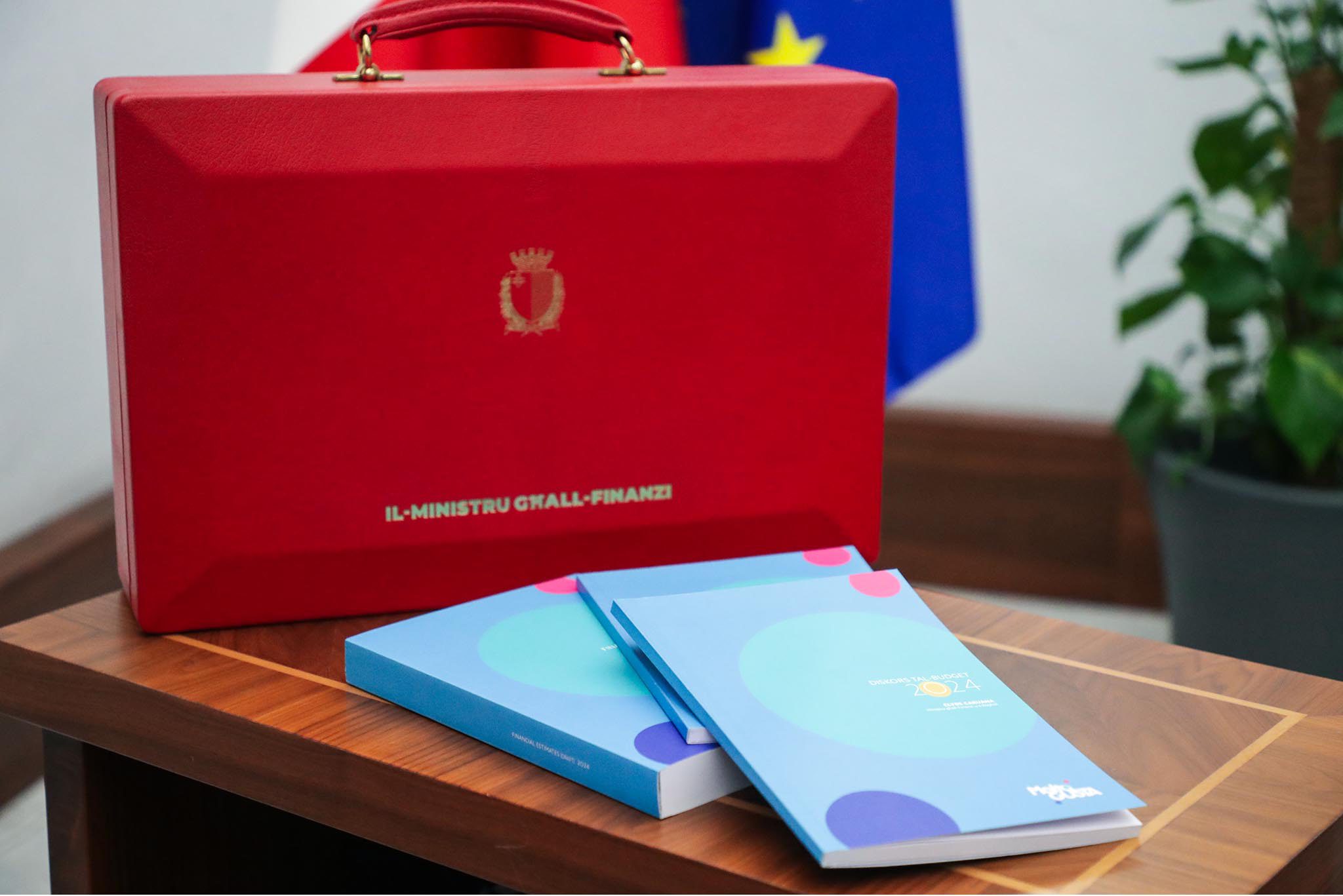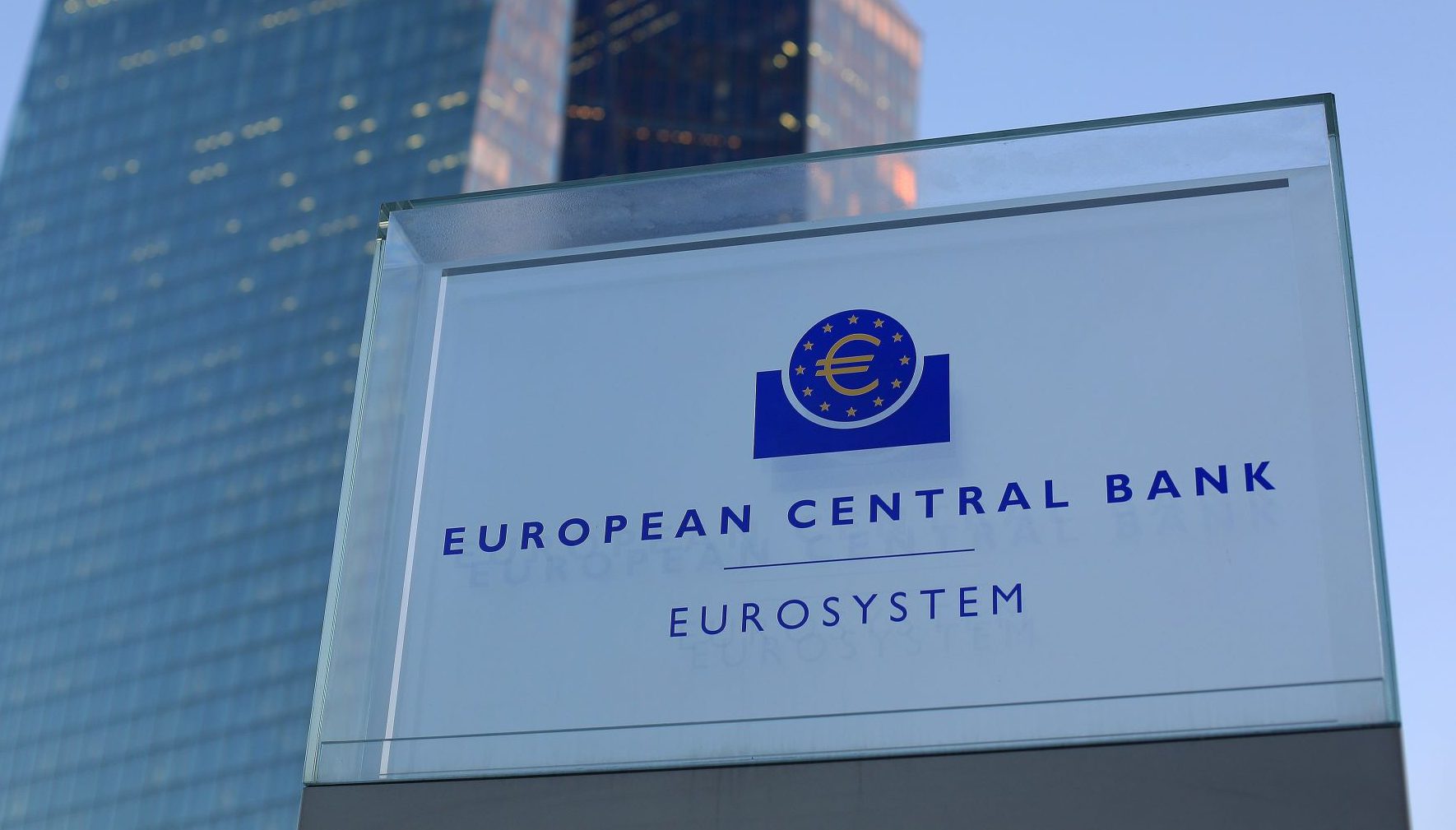Government will spend €350 million in subsidies for electricity, fuel and staple food imports in 2024, with this figure reaching around €500 million when including the entire repertoire of social measures for the country’s 2024 national budget.
Speaking live in Parliament on Wednesday evening, Finance Minister Clyde Caruana vociferously defended the country’s decision to retain the costly energy subsidies, which came under criticism from the Opposition and the EU over concerns about the country’s finances – specifically its deficit and debt levels. The Malta Chamber, which is the largest business-interest lobby in the country, also criticised the way the subsidy is being implemented across the board, arguing that it is encouraging consumption at a time when inflation is trying to be reined in.
On his part, Finance Minister Clyde Caruana believes that no tax cuts or incentives would come close to having the same impact in supporting businesses and families, and the decision to retain the subsidies will prevent hundreds, if not thousands, of businesses folding.
In 2024, the €350 million allocated for the subsidies will represent 4.9 per cent of the Government’s recurrent expenditure. Local inflation is forecast to drop from 5.7 per cent in 2023 to 3.7 per cent in 2024, while economic growth in terms of real GDP is forecast to increase from 4.1 per cent in 2023 to 4.2 per cent in 2024.
The Minister intimated that such projections would not have been possible without the subsidies in place. In terms of the public purse, Government is working to reduce the national deficit by 0.5 percentage points every year until 2026. At -5 per cent in 2023, this figure is forecast to drop to -3.5 per cent by 2026.
The EU is currently in advanced discussions to update the bloc’s excessive deficit procedure rules, a tool to ensure Member States maintain stable public finances and keep national deficits below three per cent. Malta will undoubtedly be slapped with an excessive deficit procedure, but under the expected new rules, the country will have four years to bring the rate down to three per cent before the Commission intervenes by mandating Malta to have its national budget approved by the EU.
As for the country’s projections for national debt, it is forecast to increase from 52.8 per cent in 2023 to 55.3 per cent in 2024, reaching a high of 56.9 per cent by 2026.
Featured Image:
Budget 2024 briefcase and document / DOI Photo Omar Camilleri
ECB lowers key interest rates by 25 basis points in response to inflation outlook
While inflation remains high, the ECB projects it will ease in the second half of next year
HSBC Malta share price drops sharply following strategic review announcement
Market analysts suggest that the uncertainty surrounding the review, with speculation of an impending sale, has fuelled investor concerns
‘This is true one-touch implementation designed with SMEs in mind’ – Roderick Farrugia, CIO, Melita Limited
A walk through the primary cybersecurity threats facing today’s SME’s and Melita’s practical solutions to combat them






